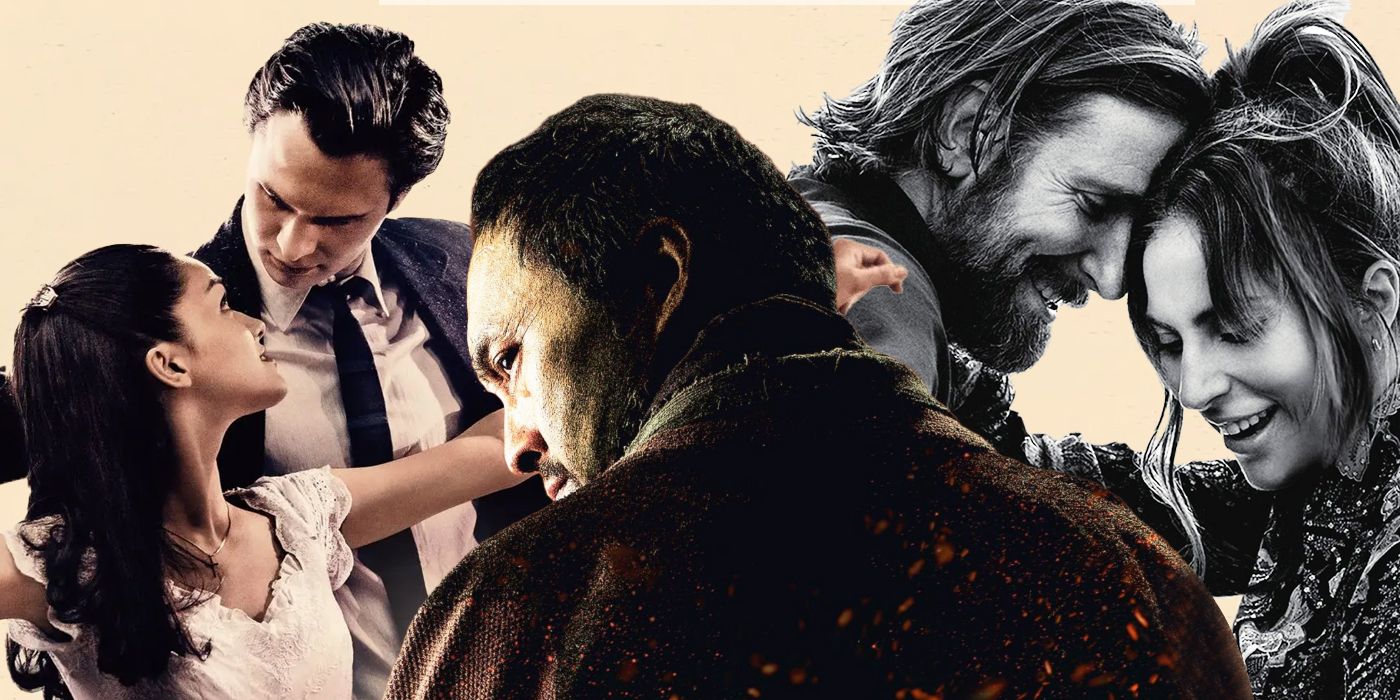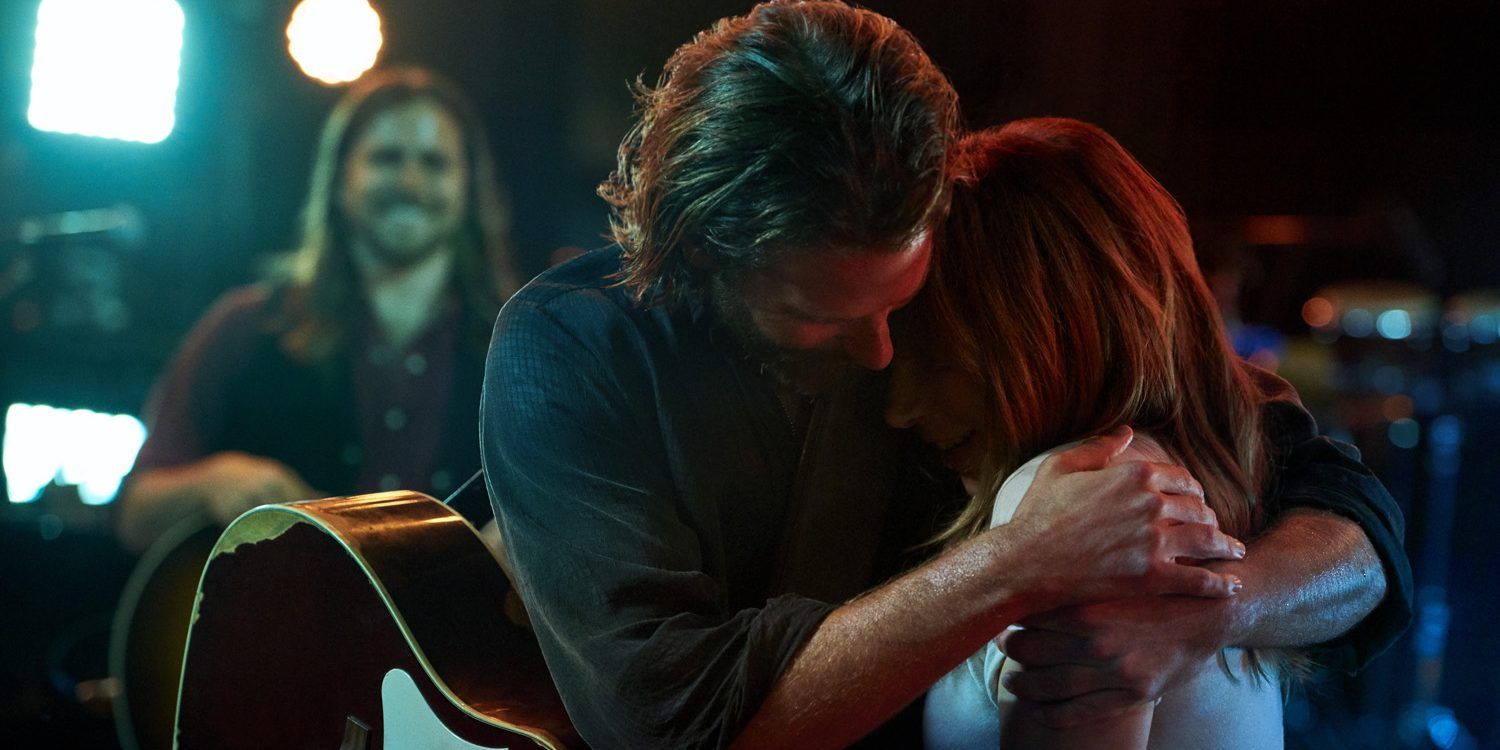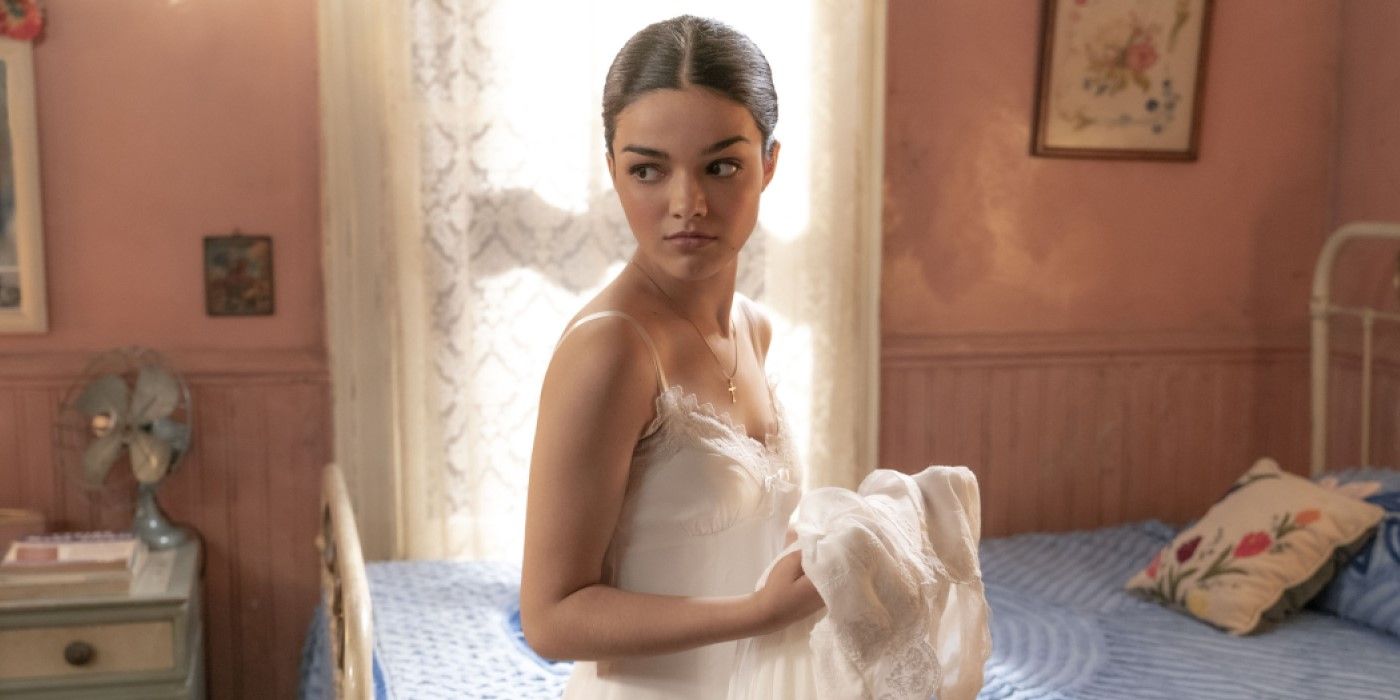It is an Internet outrage cycle we have seen too many times to count. A major Hollywood studio announces plans to remake a beloved classic or international film, and then your Twitter timeline is filled with an extreme amount of grousing and raging from movie lovers, claiming Hollywood creative bankruptcy and that the remake will defile the original. Eventually, the film comes out, and nine times out of 10, we move on with our lives, continuing to enjoy the original film, thinking every couple of years, "Oh, yeah. Remember when they remade that? Weird." Then a new remake gets announced, and all the steps get repeated without fail. The predictable outrage is admittedly understandable, as so many film lovers want an ever-expanding Hollywood to take bold risks with never-been-told stories. Simultaneously, the outrage has grown incredibly tiresome. Not only does it do absolutely nothing to slow down the amount of remakes, but also, like the vast majority of online anger, most people complaining seem to be coming from a place that believes this is somehow a new phenomenon in the filmmaking landscape.
The practice of Hollywood remaking films is as old as Hollywood itself. We have a tendancy to romanticize about the past, longing for a time when movies had no profit motive and were made simply for art's sake. Of course, this has never been true. Do you really think Louis B. Mayer, Jack Warner, and David O. Selznick were not interested in squeezing out every dollar they possibly could from the American public? No, these studio heads liked seeing their bank accounts increase just as studio heads do now. Revisiting recognizable, beloved material time and again were wonderful ways to make that money, whether that be in franchising or in remakes. And, there are films from that era seen as bonafide classics now that are remakes, such as John Huston's The Maltese Falcon, Howard Hawks' His Girl Friday, and Victor Fleming's The Wizard of Oz (in the case of Oz, there had been several before the 1939 Technicolor musical starring Judy Garland we all grew up watching).
Remaking something does not solely satisfy the commercial instinct of the moviemaking business. People revisiting stories occurs all throughout history for myriad reasons. For example, take A Star Is Born. Four films bear that title, the first in 1937, then 1954, 1976, and most recently in 2018. Is the initial impulse to make each of these movies a monetary one? Likely. However, each of these four films showcase their own unique snapshot of their time, and with every subsequent iteration of A Star Is Born, we can see the evolution of how these eras treat gender dynamics, both in a romantic relationship and a work environment, and struggles with addiction, depression, and other mental health issues. Bradley Cooper's 2018 film, upon announcement, was met with a bevy of "Do we really need this?" comments, particularly in the casting of Lady Gaga in the lead, a fairly unproven actor at the time. After its release, the film went on to make over $400 million worldwide, be critically loved, earn a swath of Oscar nominations, and birth quadruple-platinum single "Shallow." A film can't have this kind of universal impact unless its core story, which is essentially the same as it was back in that 1937 original, still had resonance generations later.
Arguably the most craven-seeming of the remake is the English language version of an acclaimed film not in English, usually just a few years after its release. Typically, the complaint with these films is directed at the large group of people who generally will not watch films with subtitles. Filmgoing would certainly be richer if there was less hesitance to subtitling, but what rarely gets discussed in regards to this topic are all of the English language films that get remade around the globe. Whether in India, Japan, or France, seeing a remake of an American film is just as common as seeing one from those countries in America. In 2013, Ken Watanbe starred in a remake of Clint Eastwood's Best Picture winner Unforgiven. Where was the outrage for the desecration of a masterpiece with that one? It doesn't even have to be a particularly lauded film to receive the remake treatment abroad. Remember Nancy Meyers' 2015 (severely underrated) workplace comedy The Intern? Next summer, a Hindi language remake will be opening in India starring Amitabh Bachchan and Deepika Padukone. Remakes are just as much a part of the global filmmaking ecosystem as they are in Hollywood. They just don't get as much stateside publicity.
The strange fear so many who decry remakes have are that these new versions will somehow tarnish the original. Especially in an age where so many movies are available with the click of a button, no remake has yet to forever destroy the original film. You can still watch Paul Verhoeven's Total Recall even though Len Wiseman's remake exists. The same goes for the 1984 slasher classic A Nightmare on Elm Street despite the Jackie Earle Haley-starring 2010 film. Remakes are an addendum to their originals, not a replacement. If anything, chances are quite strong that if you do not care for a remake of a film you love, all that remake is going to do is make you love that original even more.
Before film, stories had been told and retold, adapted and altered by whoever was telling that story. William Shakespeare did not generate the stories for quite a bit of his plays from scratch. Works like Romeo and Juliet and Twelfth Night come from English adaptations of stories by Italian writer Matteo Bandello. The theater has a long history of reviving plays and musicals regularly; sometimes it's just a complete remounting of the original production, and sometimes it's a total reinvention. West Side Story, a retelling itself of Romeo and Juliet, has already been revived five times on the Great White Way, most recently in 2020, since its original production in 1959. So, when Steven Spielberg announces he will be taking just the second stab at adapting West Side Story on film, even though the first remains one of the high points of the movie musical, maybe it would be good to take a breath before reacting. Thousands of people have told this story in different ways around the world for 60 years. Some of the productions have been exquisite, some not so much. Holding the art you love close to your heart is one thing, but being overly precious about it will only cause harm.
Remakes, retellings, and reinterpretations are foundational aspects to both the history of storytelling and the business of moviemaking. They were here before you were born and will continue long after you're gone. Knowing that, the next time a remake of a film you love is announced, try thinking about all the possibilities could arise from a new perspective on the material. Most importantly, wait until you actually see the film before judging how you feel about a new version of something you love. Because, who knows? Maybe it could actually connect with and move you more.



